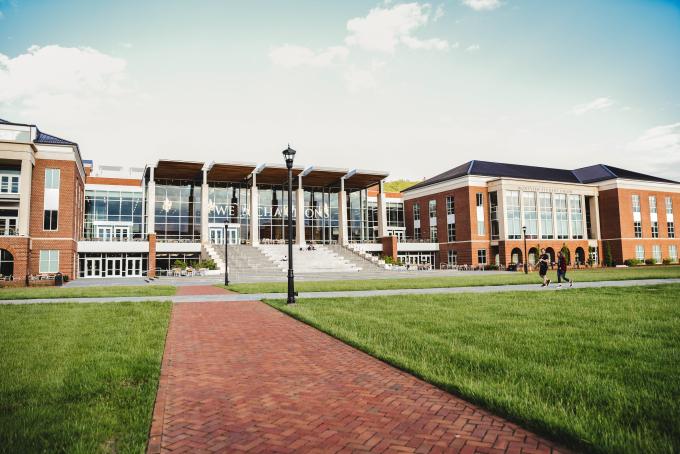Photo by Erika Fletcher on Unsplash
Choosing a college is a big decision, and it can be difficult to know where to go. You need to consider the location of the school, its cost of living, and your employment opportunities after graduation, not to mention what kind of programs are offered and how good they are.
Location
While location can play a role in your decision, there are many other factors to consider when deciding on which state is best for college. In fact, it’s possible that the best college for you won't be located within driving distance from your home. Here are some questions to ask yourself before committing to any school:
- What do the locals think of their town? Googling the location will usually lead you to an unbiased review of what residents think about their city or town on Google Maps reviews. If these reviews aren't enough for you, try talking with those who grew up in your target area as well as current students at schools in that area. They'll give more detailed insights into what it's like living there and how they spent their time while they were away from home during college.
- What type of campus life does this university offer? Do they have unique traditions or sports teams? Are there other activities available on campus (such as student government) that could help turn an otherwise boring day into an exciting one? Ask yourself if these things are important enough for them to outweigh other factors such as cost and program availability before making a final decision.
Financing Your Education
You also need to consider the cost of attendance. In-state schools usually cost less than those out of state. If you dream school’s tuition is expensive, you could look into private student loans. These loans can be tailored to fit your financial needs and offer a variety of repayment options. Just make sure that you research how much the costs before taking out any loan. The last thing you want is to earn a degree and then be knee deep in debt.
Employment and Post-graduation Salary
You've got your sights set on a specific career path, but you're not sure where you'll be able to find the best jobs. You've also got your heart set on earning a certain amount of money, but there's no way you can do that without being located in one of the states with the highest employment opportunities in your field. And if you're planning to go straight into graduate school after college, then it would really help if there were plenty of entry-level jobs available near campus for you to apply for when graduation rolls around. The good news is that many states are well equipped with both high employment rates and lucrative salaries. It just depends on the demand and where you choose to go.
Cost of Living
The cost of living is a measure of how much it costs to live in a certain area and it is a critical element of how to approach a career related location in general. It's usually higher in urban areas, where there are more people and businesses, than rural areas with fewer people and businesses. If you want to live in Manhattan or San Francisco then your monthly expenses will be higher than they would be if you lived in rural Texas because your rent will likely be higher and so too will be some other costs such as transportation, food, and utilities. If you're considering applying to schools outside of your home state (or country), then the cost of living there can play an important role when deciding which school might be right for you.
Housing
Some states have a better location than others, depending on what you want out of your college experience. If you want to live close to home, you’d need to choose a state that is only an hour or so away. In addition, availability of on-campus housing and off-campus housing is also important to consider before making a decision. On-campus housing gives students the opportunity to meet other people with similar interests and make friendships that will last a lifetime, but it might not be right for everyone. Off-campus housing allows students more freedom than dorms do. However, this also means you’ll be paying rent every month instead of having housing provided by someone else during those four years.

